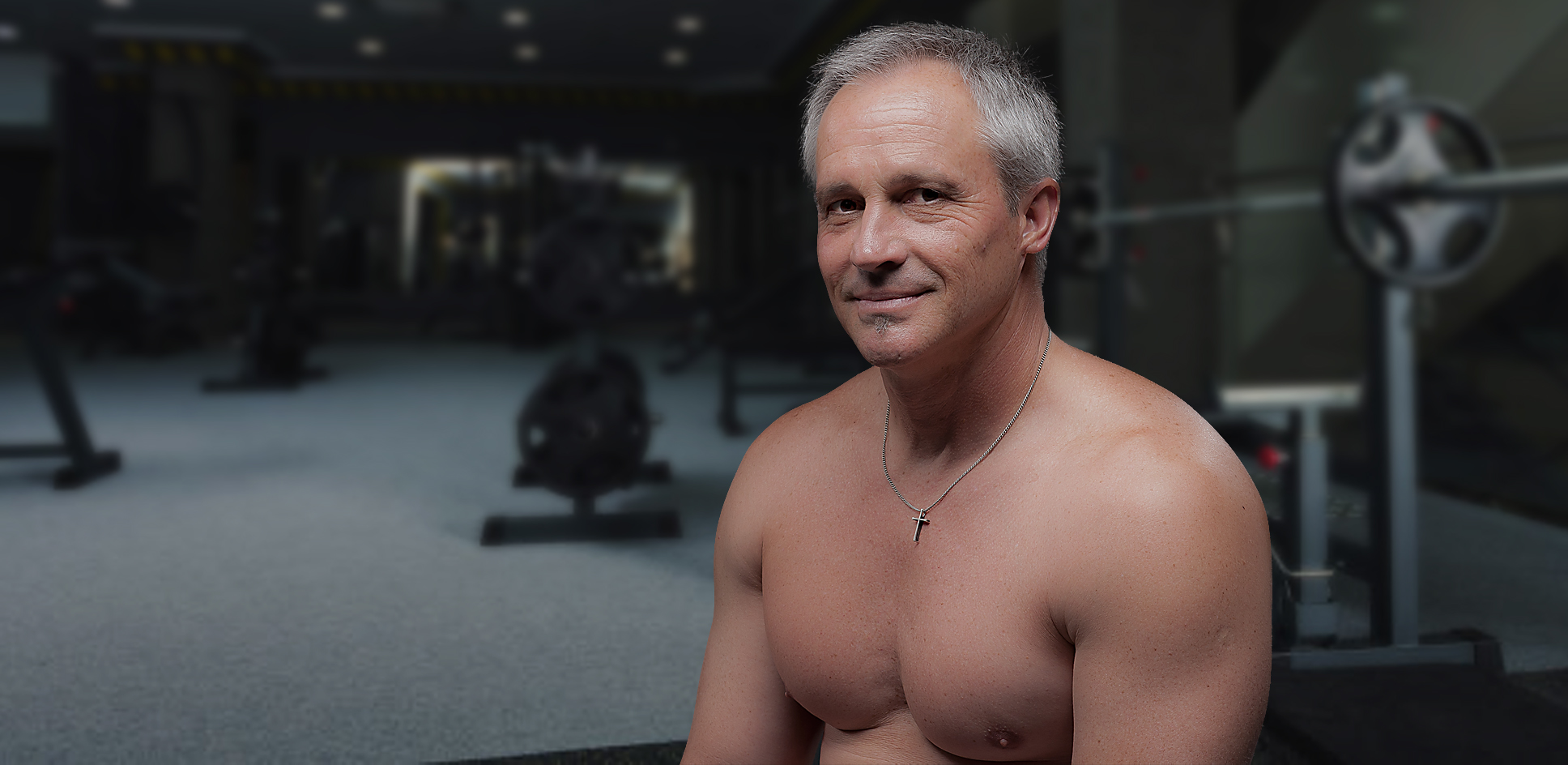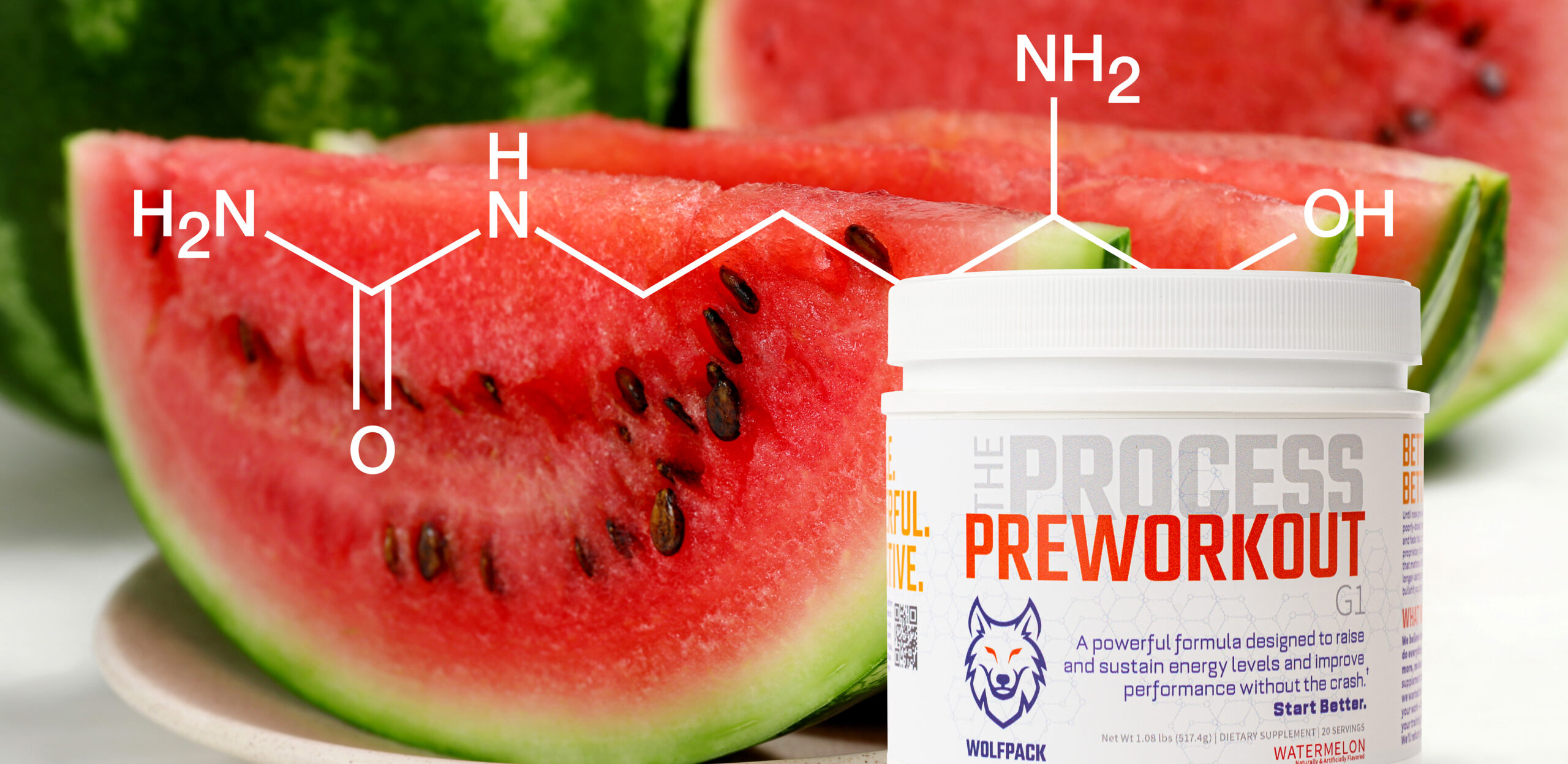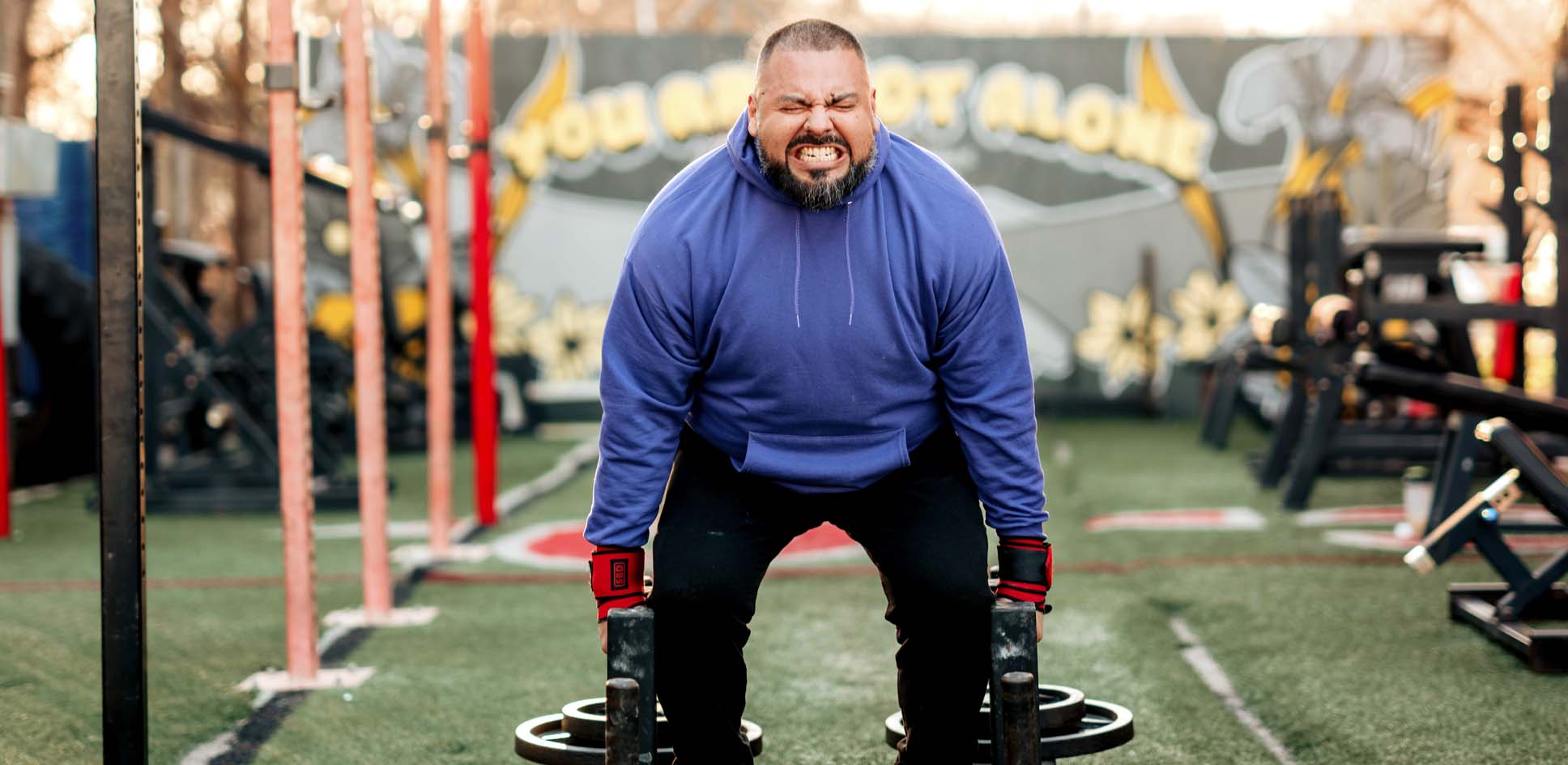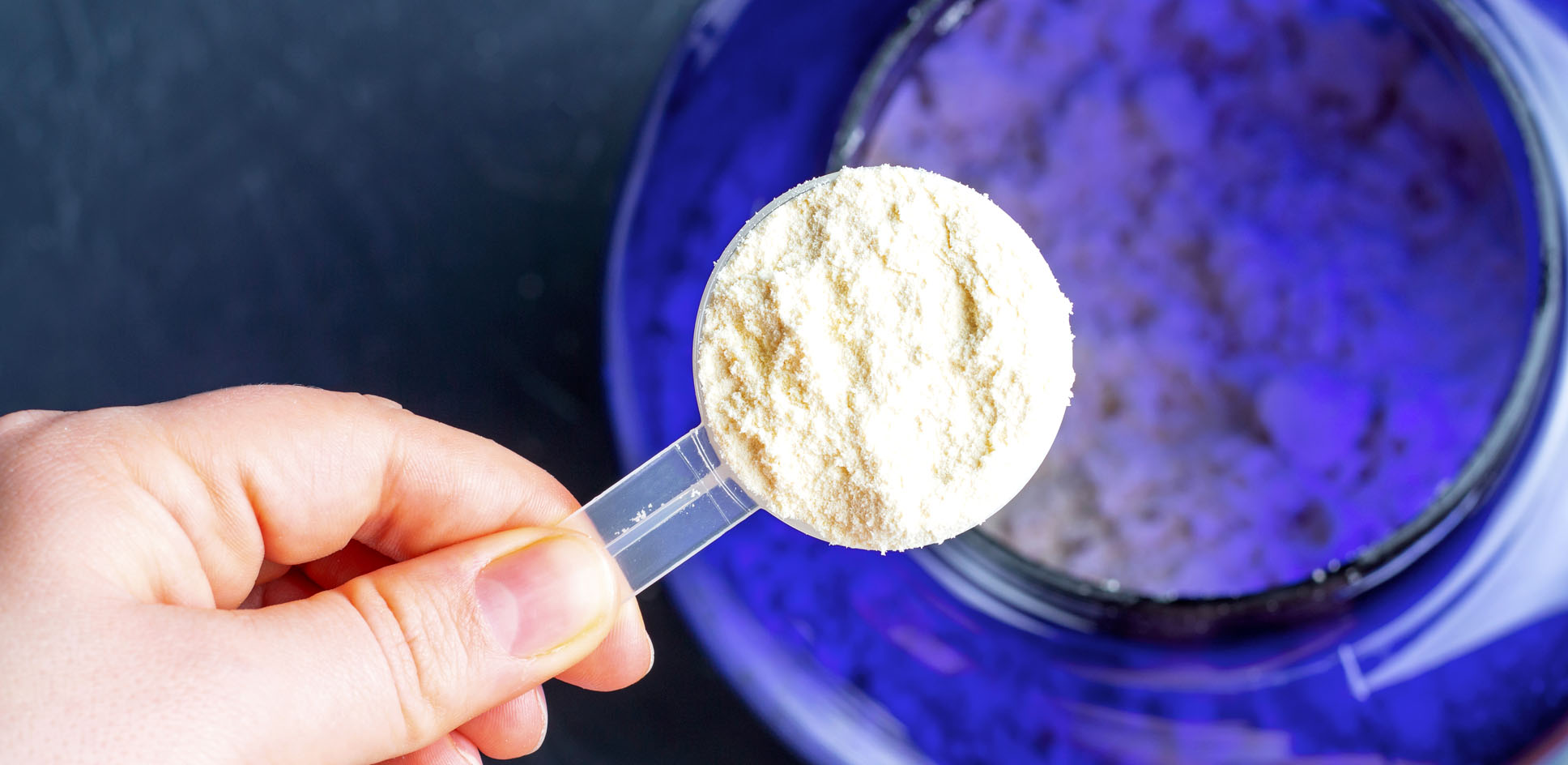
Training for Those 50+

Training for the 50+ Crowd: Recovery is Key
As we age, maintaining physical fitness and health becomes more and more important — but it also becomes more complex. For those over 50, exercise isn’t just about staying in shape; it’s about preserving flexibility, strength, and quality of life. The key to successful training at this stage isn’t just about what you do in the gym; it’s about how well you recover. Recovery, which includes proper rest, sleep, diet, and supplementation, becomes the cornerstone of a sustainable fitness routine.
The Importance of Recovery for Those in the 50+ Age Group
Recovery is critical at any age, but it’s even more important as we get older. As we age, our bodies naturally take longer to repair themselves after exercise. This means that without proper recovery, we risk injury, burnout, and diminishing returns on our fitness efforts.
- Rest and Sleep: The Foundation of Recovery
- Create a sleep-friendly environment: Keep your bedroom cool, dark, and quiet.
- Establish a bedtime routine: Going to bed at the same time each night can improve sleep quality.
- Limit screen time: Reduce exposure to screens at least an hour before bed to help your body wind down.
- Diet and Proper Supplementation: Fueling Your Recovery
- Vitamin D: Essential for bone health and immune function, vitamin D levels can decrease with age. Consider a supplement, especially if you get limited sun exposure.
- Calcium: Works in tandem with vitamin D to maintain bone strength. If your diet lacks calcium-rich foods like dairy or fortified plant milk, supplementation might be necessary.
- Omega-3 Fatty Acids: These support heart health and reduce inflammation. If your diet is low in fatty fish, an omega-3 supplement can help fill the gap.
- Magnesium: Important for muscle function and recovery, magnesium can be taken through supplements if your diet doesn’t provide enough.
- Collagen: As natural collagen production decreases with age, supplementing can support joint health and skin elasticity.
- Active Recovery: Movement Matters
Sleep is when your body does most of its repair work. For those over 50, getting 7-9 hours of sleep per night is essential. Sleep supports muscle recovery, cognitive function, and overall well-being.
Studies show that sleep becomes more fragmented with age, which can impact recovery. If you’re struggling to get quality sleep, consider these tips:
For more information on sleep and recovery, the National Sleep Foundation offers a wealth of resources.
What you eat directly impacts how well your body recovers from exercise. As we age, our metabolism slows down, and our bodies become less efficient at absorbing nutrients. Therefore, it’s essential to focus on a diet that supports recovery.
Protein: Protein is crucial for muscle repair and maintenance. Include lean protein sources like chicken, fish, tofu, or legumes in your meals. Add a high-quality whey isolate protein supplement if you have difficulty getting enough protein in your diet. Aim for 20-30 grams of protein per meal to support muscle synthesis.
Anti-inflammatory foods: Incorporate foods rich in antioxidants and omega-3 fatty acids to reduce inflammation and aid recovery. Berries, leafy greens, nuts, and fatty fish like salmon are excellent choices.
Hydration: Staying hydrated is vital, especially after exercise. Water aids in nutrient transportation and muscle recovery. Herbal teas and water-rich foods like cucumbers and watermelon can also help you stay hydrated.
Proper Supplementation: As you age, certain nutrients become harder to obtain through diet alone, making supplementation a helpful addition to your recovery plan.
Just because you’re over the age of 50 doesn’t mean you don’t need fitness supplements to aid in your training regimen. Wolfpack Supplements provides some of the cleanest and most effective products to help you get more out of your workouts and stay healthy. The American Heart Association provides guidelines on healthy eating and supplementation that are particularly relevant to those over 50.
Active recovery involves low-intensity exercises, such as walking, swimming, or yoga, which can enhance circulation, reduce stiffness, and aid in muscle repair. For those over 50, incorporating active recovery into your routine is a way to stay active without overtaxing your body.
Stretching and mobility exercises are particularly beneficial in maintaining joint health and flexibility. Programs like Pilates or tai chi are excellent for older adults, as they focus on balance, flexibility, and controlled movement, all of which are critical for injury prevention.
Final Thoughts
For those over 50, fitness isn’t just about pushing harder; it’s about recovering smarter. Prioritizing recovery through proper rest, sleep, diet, and supplementation will help you maintain a consistent and effective fitness routine that supports long-term health and well-being. By taking a balanced approach that includes adequate recovery, you’ll not only feel better but also continue to reap the benefits of exercise well into your later years.
To learn more, check out the Mayo Clinic’s resources on fitness for older adults.





